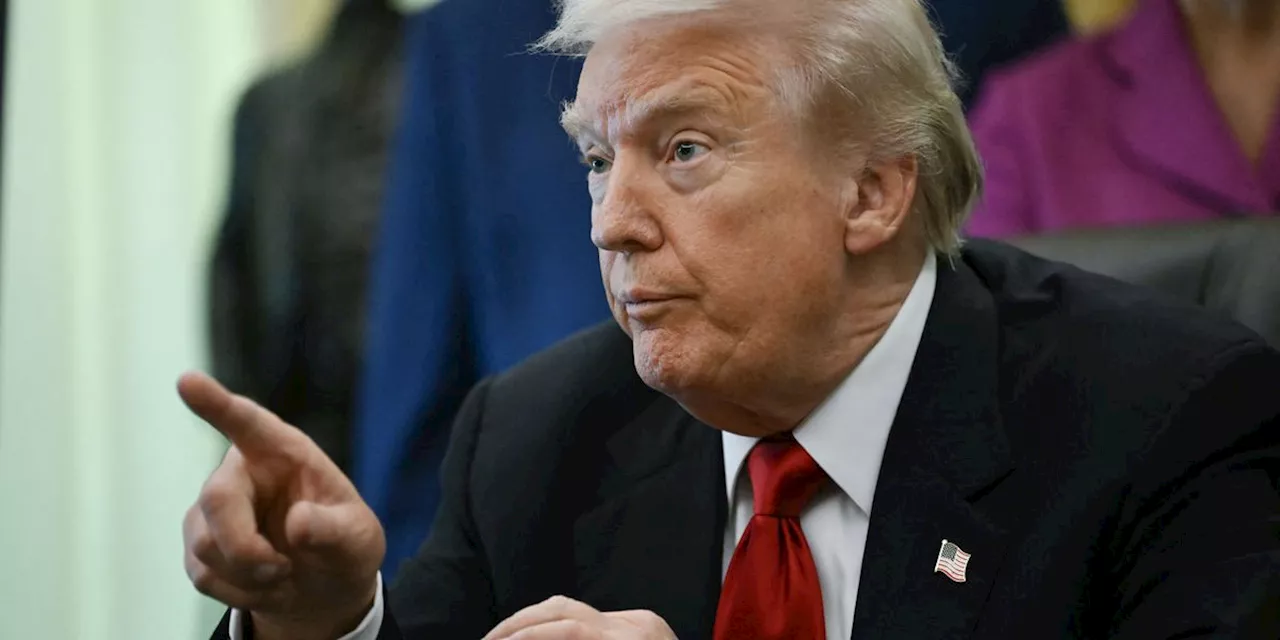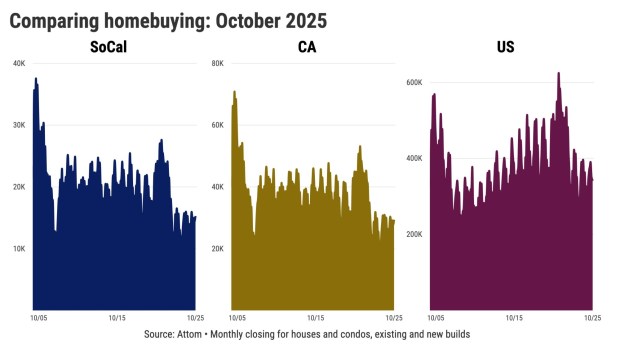UPDATE: Following significant election losses for Republicans, former President Donald Trump is urgently attempting to adopt the ‘affordability’ messaging that propelled Zohran Mamdani to victory as New York City’s next mayor. This strategic pivot comes just days after Tuesday’s elections, where Democrats dominated key races across the nation.
Trump’s newfound focus on affordability is striking, given that he had never mentioned the term during his over a decade-long presence on Twitter/X. Since the election, he has repeatedly claimed that Republicans need to adopt this approach, stating, “They have this new word called affordability,” and suggesting that Republicans are failing to engage with it.
In a bold claim, Trump asserted that “2025 Thanksgiving dinner under Trump is 25% lower than 2024 Thanksgiving dinner under Biden,” emphasizing his belief that Republicans have effectively addressed affordability. However, his assertions regarding energy prices and inflation are misleading. Recent data indicates a 2.9% rise in inflation as of August, while average gas prices are above $3 per gallon, contrary to Trump’s claim of nearing $2.
The former president’s aggressive focus on living costs comes after polls from his 2024 reelection campaign showed inflation as the leading concern driving voters away from Democrats. His critics, however, point to his own policies exacerbating affordability challenges, including a 10% increase in energy prices since he took office.
Mamdani’s agenda includes bold proposals like freezing rent hikes and providing free public transit, directly addressing New York’s escalating cost of living. In contrast, Trump’s presidency has seen a slashing of tax credits for renewable energy, contributing to rising energy costs. The New York Times recently noted that Trump’s energy policies are likely to worsen the situation.
Moreover, Trump’s immigration policies have negatively impacted the agricultural workforce, leading to supply shortages and price hikes on everyday goods. Grocery prices have surged 2.7% since last year, primarily due to tariffs on imported products and retaliatory actions from international trade disputes.
As the government shutdown continues, Trump’s actions appear contradictory to his affordability claims. Millions of Americans are facing soaring health care costs, with reports indicating that 22 million could see their health insurance premiums double in 2026 unless the Affordable Care Act tax credits are extended.
Additionally, the proposed budget cuts threaten to slash rental assistance by nearly 43%, impacting those already burdened by housing costs. ProPublica has revealed plans to impose new work requirements on public housing residents, jeopardizing assistance for 4 million individuals.
With Trump’s approval rating plummeting to just 39%, the urgency for him to reclaim the narrative on affordability is clear. Economic experts suggest that a shift in policy focus could help him recover politically, yet skepticism remains regarding his willingness to cooperate with Democrats and address corporate power.
As the situation develops, it is crucial to monitor how Trump’s strategy will evolve amid ongoing pressures from voters concerned about affordability and rising costs. The public’s response to these changes will undoubtedly shape the political landscape leading up to the 2024 elections.







